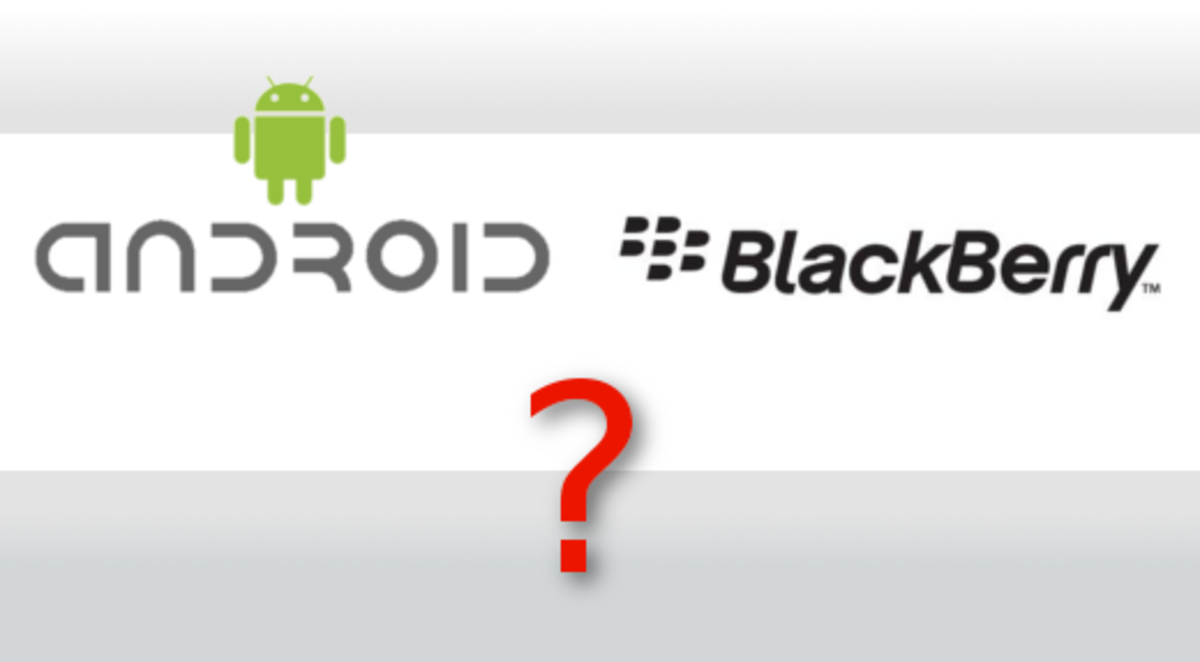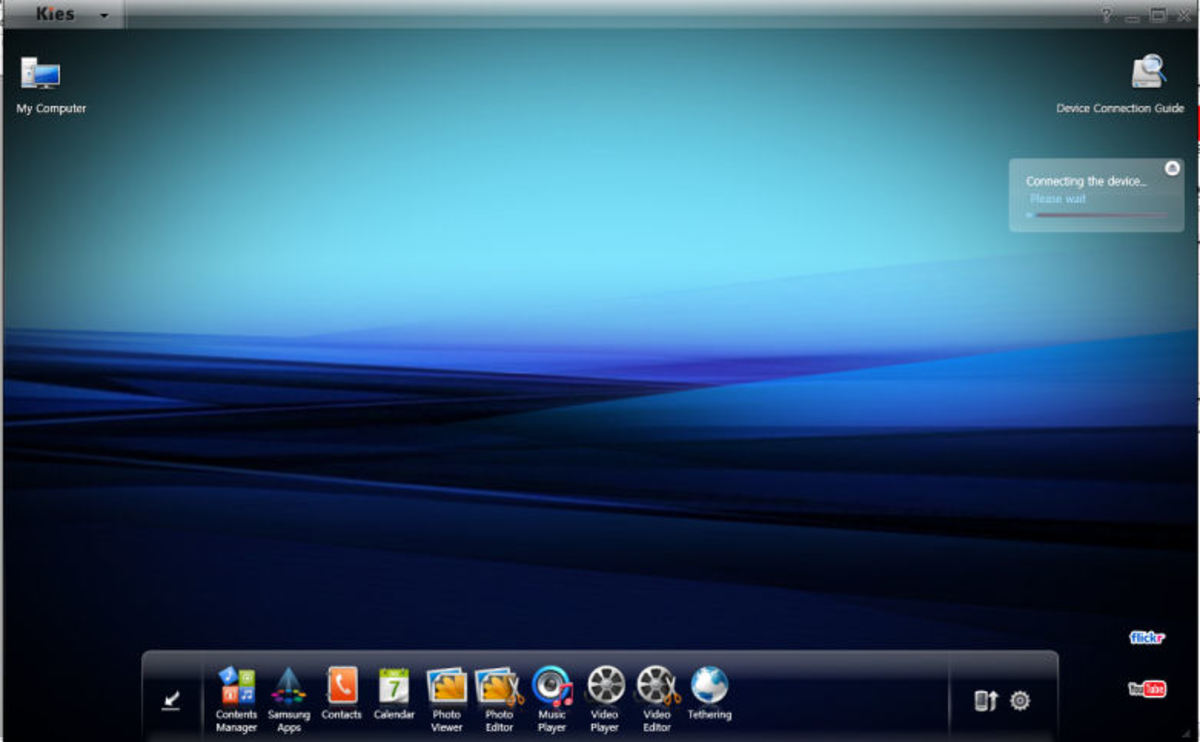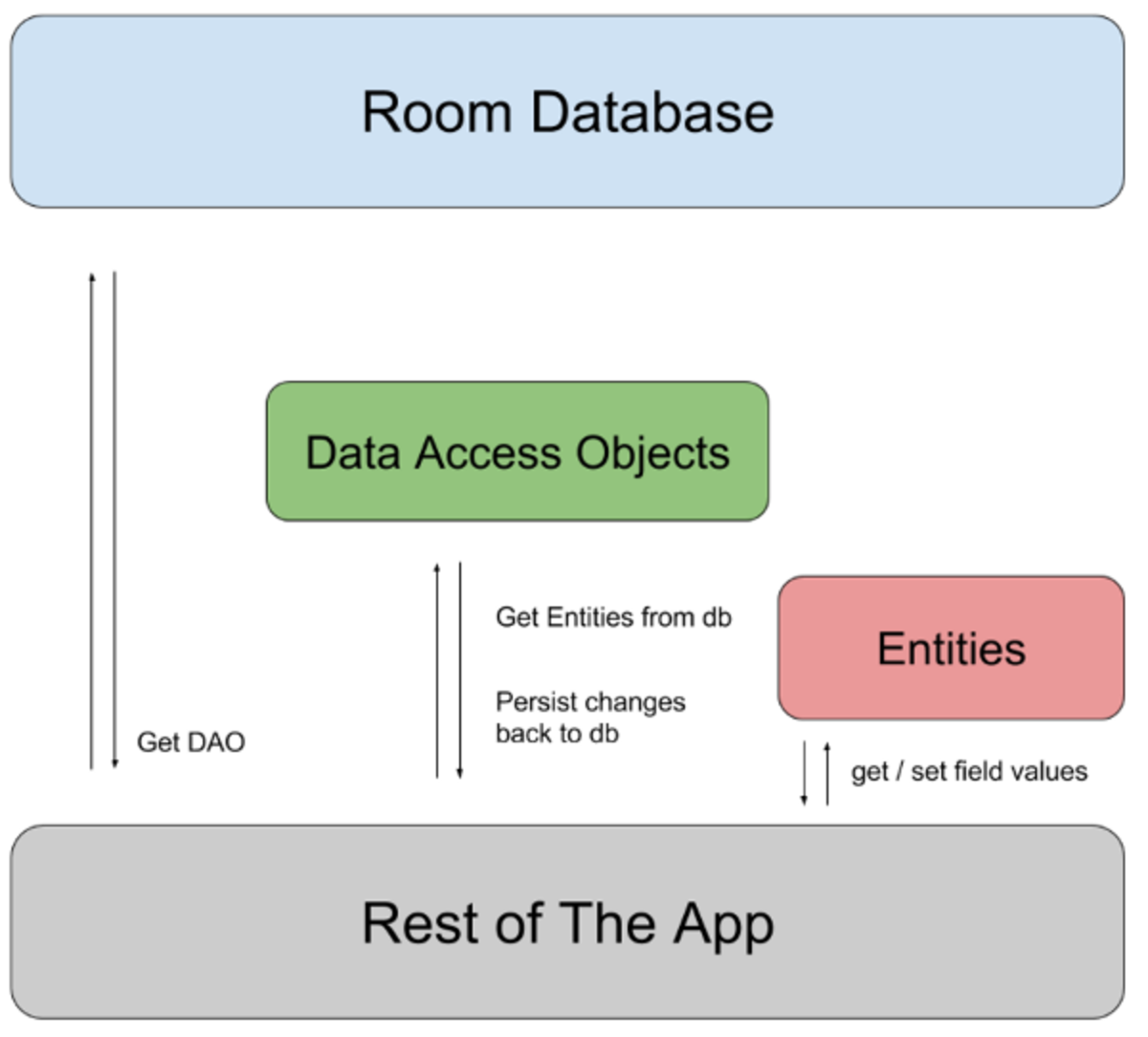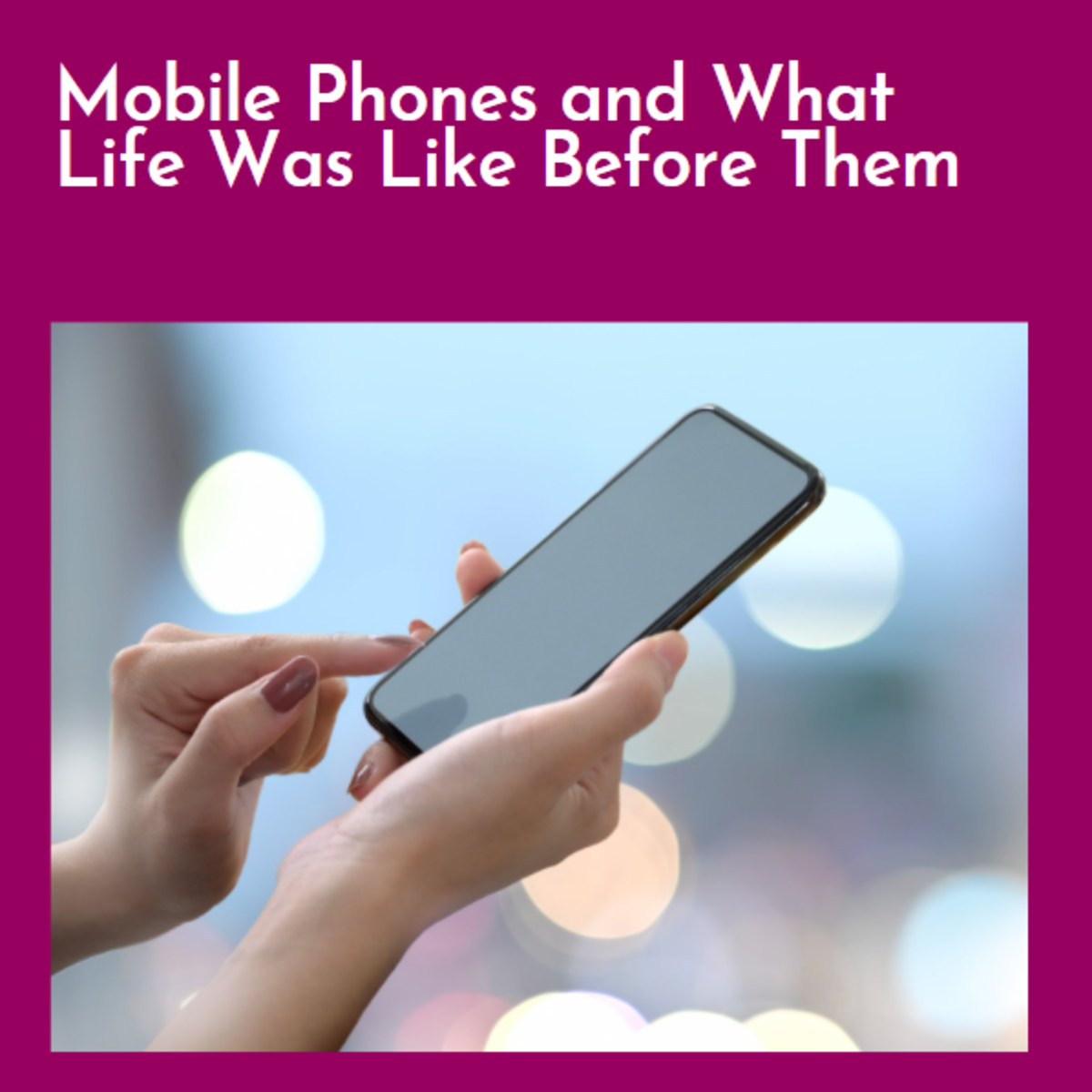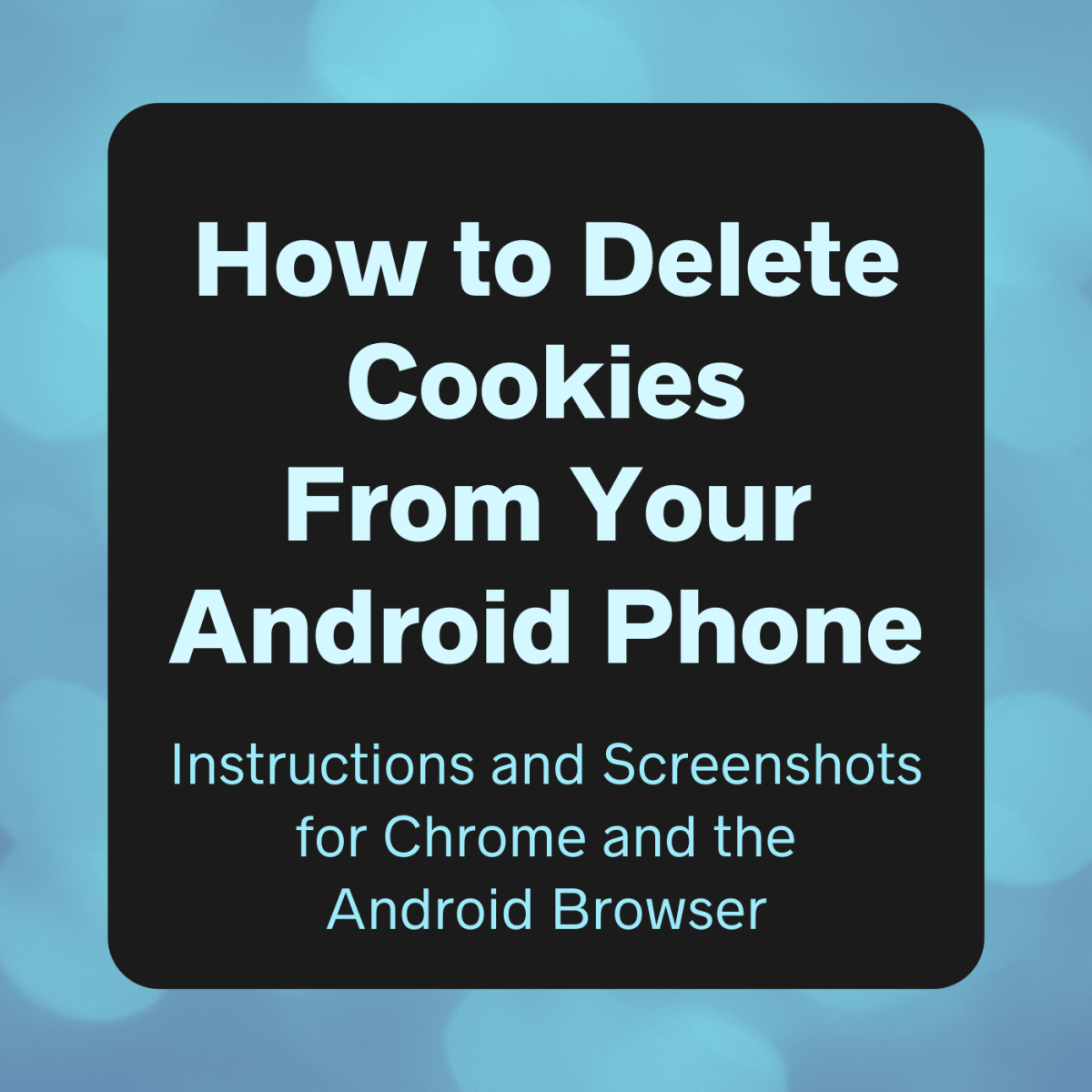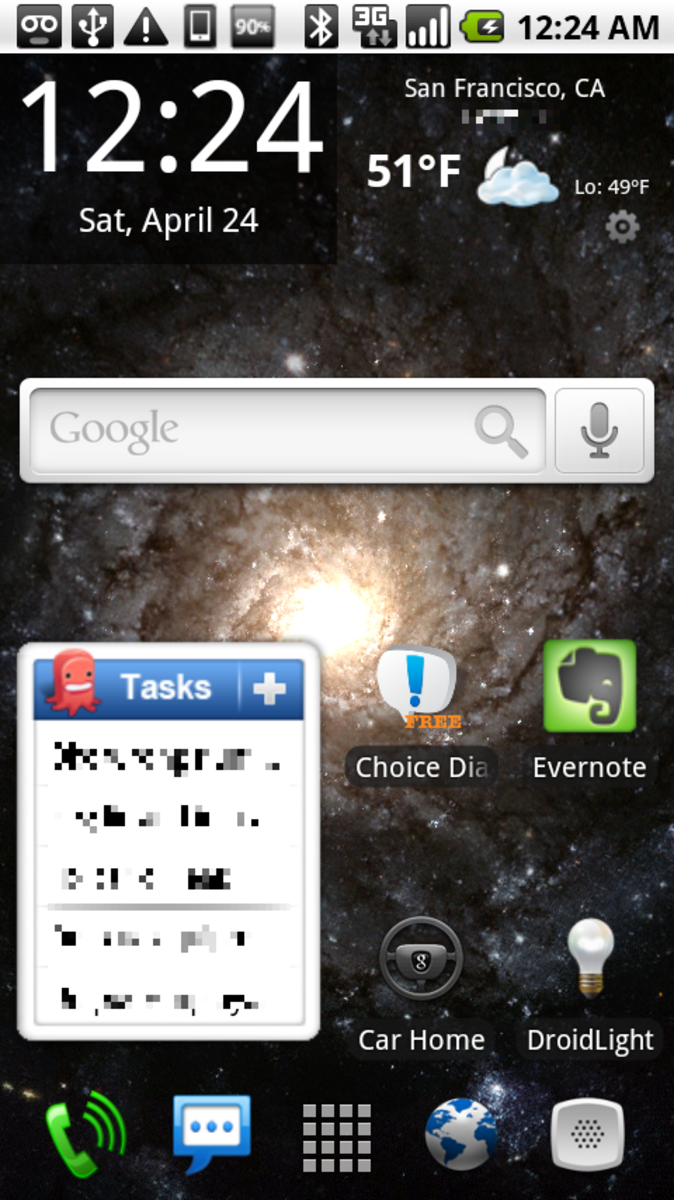I have a Droid: Newbie Android Phone FAQ I... Data Pak Plan, Market place, app usage/cost, and other stuff explained
Welcome!
Congratulations on joining the Android Army! Here are some answers to frequently asked questions. This guide is mainly aimed at Android phones, though it should mostly apply to the new tablets as well.
You should first read "The Complete Android Guide" by Kevin Purdy. It is available to read online, or you can buy the eBook / hardbound book for a bit more.
Any way, onto the questions.
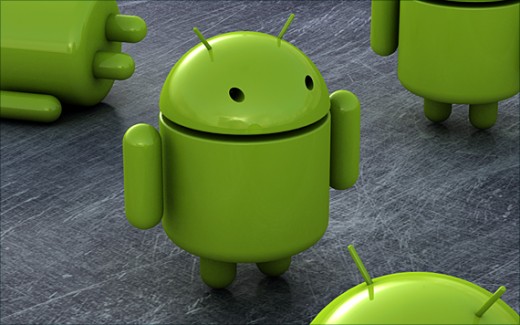
Selection
Q: What Android phone should I get?
A: That is a deeply personal question. It depends on your carrier and your local "signal strength" situation, as well as your current contract status, and your budget.
If you are currently on a contract, then you'll need to factor in the early termination fee.
If you not on a contract, then you should choose the carrier that provide the best signal in your area, THEN see if they have the phone you want. If they don't, you then have to decide whether having the phone you want is more important than having good service.
Then the budget / price enters into consideration.
Q: Which is the best wireless carrier?
A: That would depends on where you are, wouldn't it? Even in the US, different carriers have different signal strengths in different areas.
Q: What sort of Android phones are out there?
A: Generally speaking, there are four categories of Android devices:
NOTE: All prices are direct from carrier official store, and meant as just a "rough" guide. You can often find better deals from online dealers such as Amazon or Wirefly.
low-end -- phones you can get for under $50 with contract, NOT on a sale, with 2 year contract. Without contract, it'd cost about $150-200.
mid-pack -- former "high-end" phones, about $150 with 2-year contract not on sale.
high-end -- "4G' phones that's got the best specs, $250 or higher with 2-year contract not on sale.
tablet -- 5 inch or larger screen, can go up to 12 inches or more, similar to iPad in factor, but runs Android OS.
Q: What are all those different CPUs? Hummingbird, Cortex, Snapdragon, and so on?
A: See the ARM-based CPU guide
Interoperability
Q: Can I get phone _____ from carrier ______ working on carrier _______?
A: Phones designed for CDMA network will only work on another CDMA network, and phones for GSM will only work on another GSM network.
For a more detailed answer, see "Will My Phone Work on a different network?"
In the US, the major wireless carriers are:
GSM: AT&T and T-Mobile
CDMA: Sprint, Verizon, and MetroPCS
For all other carriers, please consult Wikipedia to see what sort of network they operate.
As the above info explains, you cannot use an AT&T phone on Verizon, but you *may* be able to get it working on T-Mobile. Furthermore, GSM phones must be "unlocked" for other networks, and CDMA phones must be "flashed" with new firmware to work on other networks.
Even if you do get the phone unlocked or flashed, no full compatibility is guaranteed. AT&T and T-Mobile operate different "data" frequency bands, so an AT&T smartphone may NOT achieve full data speed on T-Mobile network, and vice versa. There is also rumors that Sprint and Verizon will not activate non-native phones.
How to find such firmware is up to you.
Data Plan
Q: What is a data plan?
A: Data plan allows your phone to access the Internet to send and receive data.
Q: How much is a data plan?
A: Ask your carrier. It depends. Figure $20-30 for several GB of data.
Q: Is there a family plan for data plans? I.e. can multiple lines share a data plan?
A: No. Data plan is attached to a specific line.
Q: Must I have a data plan?
A: Your carrier usually requires all smartphones to have a data plan. Furthermore, what's smart about a smartphone is they can access the Internet and thus tap the power of the "cloud". If you don't have data access, your smartphone is basically a very weak hand-held computer with a phone attached.
Q: What if I buy my phone on eBay / Craigslist / whereever?
A: Again, depends on your carrier.
Q: But what if I...
A: Please ask your carrier.
Q: Is there such a thing as "Pay As You Go" / prepaid smartphone?
A: In the US, Verizon now allows 3 smartphones to have PAYG data plans: you can choose none, small, or big data plans (0, 250MB, unlimited), but you need to pay full price for the phones (Droid Incredible is just under $400). Please check their website.
In other country, I have no idea. Check with your carrier.
Q: Is there such thing as unlimited data plan?
A: Again, depends on your carrier.
In the US, Sprint and T-Mobile still offer unlimited data, as well as minor carriers like MetroPCS and Virgin Mobile. Verizon and AT&T have shifted to fixed buckets only.
Q: What happens if I go over the data limit?
A: Depends on your carrier. Some may just automatically charge you another "block" of time. Others will charge you at a higher rate for the "overages". Another may throttle your connection. Exact plan will vary.
Q: What is 3G?
A: 3G is a general mobile phone standard that describe the "generation" of the technology. When it comes to smartphones, it refers to the data connection. Please see (When 4G is not 4G)
Q: What is 4G?
A: Officially 4G refers to 2 standards: LTE-advanced, and WiMAX 2. Neither is deployed in the US. However, AT&T and T-Mobile are referring to their 3.5G technology as "4G". Please see (When 4G is not 4G)
Q: Do I get a warning when I am about to go over?
A: Some carriers do. Some don't. Exact method depends on your carrier. You may get a warning text message, or you may have to send a text message to get an automated reply. You may also be able to access the data over the Internet.
Q: Can I have some sort of gauge on my phone that lets me know how close I am to the limit?
A: Please see "Data Usage Monitor Apps Roundup for Android"
Q: Does WiFi cost me in data?
A: WiFi cost nothing from your phone carrier. WiFi use does not concern or involve your carrier in any way. If the WiFi hotspot provider charges you, that's something else altogether.
OS Updates
Q: What is "Gingerbread"? Honeycomb? Ice Cream Sandwich?
A: Android OS V2.3 is nicknamed Gingerbread. Honeycomb is codename for 3.0. Ice Cream Sandwich may be 4.0 For story behind the names, see Android OS Codenames
Q: Can my Android device be upgraded to Android 2.3 or 2.4 or 3.0 or whatever?
A: No way to know. Your device manufacturer would have to release official updates for it. If they don't release any new ones, that's it. Sometimes, Android community may develop custom ROMs for it. (see later question)
Q: But the latest Android OS is ____? Why don't I have that?
A: Android OS 2.3, i.e. "Gingerbread" is out, but the generic version must be customized for specific phones, as all phones have different hardware. If you just load the "generic" Android OS you will just have a generic Android device.
Q: But _____ is out already! When do I get it?
A: When they (your phone maker / carrier) release it. It usually takes several months.
Q: So there is no hope to update the OS of my device if the maker has abandoned it?
A: If your device is relatively popular AND the device maker releases the older firmware for study, perhaps some "ROM hackers"... uh, I mean Android enthusiasts may work up a "custom ROM" for your device. Otherwise, sorry.
Q: So how do I find a custom ROM?
A: Check XDA Developers. Remember, you will need root AND ROM Manager (or similar process).
Getting and Buying Apps
Q: Where do I get apps for Android?
A: The primary way is to get them through Android Marketplace. Open the "Market" app.
Q: What if I don't *have* Android Marketplace on my device?
A: Not all Android Devices have Android Marketplace, which is a Google product. Only Google Approved devices can access Android Marketplace. There are some "hacks" out there but they are, obviously customized and highly unofficial. (You can find them on XDA Developers)
Q: Do the apps in the Android Market cost $$$?
A: Some do, most don't.
Q: How do I pay for the apps, if they are not free?
A: When you select buy, you will be taken to a page at Google Checkout where you can enter a credit / debit card number. You will get a receipt in your Gmail account (the one you're buying from)
Q: Can I charge the app to my phone bill?
A: That function must be offered by your carrier. Google has nothing to do with it.
Q: Is the payment monthly or one-time only?
A: All apps in Android Marketplace are paid one-time only.
Q: Can I get a refund if I bought the wrong app?
A: You can "return" the app within 15 minutes of purchase to get a full refund from the Android Marketplace.
Q: I thought the refund period was 24 hours. Did it change?
A: That was changed in December 2010.
Q: I reset my phone and all my apps are gone. Can I download my apps again?
A: All purchased apps can be redownloaded as many times as you want. If you have Appbrain it will remember ALL of your apps and let you redownload all of them in a batch. And finally, if you backup all the apps onto SD card using something like AppMonster you can restore them later.
Q: Why can't I find _____ app in Android Marketplace?
A: The app may not be available for your location. (App maker can specify the app to be only available to certain countries) Android market also will NOT show you apps that will not work on your phone.
Q: Can I download apps to my PC and then transfer it to my Android?
A: If your phone allows "third-party app installs" (it may be an option you can turn on) then yes. Otherwise, some phones have matching desktop sync programs with a "sideload" option (i.e. download on PC, transfer to Android) Keep in mind that many of the Android trojans are passed through sideloading from websites with unknown game sources. (See security later in this hub)
Q: Can I "share" my apps with other Android phone users?
A: The free ones, sure. Some even have a "share" button built-in. Else, just tell the other side the app name and have them download it. The paid ones, however, are locked to your device through DRM built into the OS.
Q: There are some apps that came with the phone that I don't use. However, they can't be uninstalled. What can I do to get rid of them?
A: Unfortunately, they cannot be removed without rooting. (See "root", as it requires rooting the phone AND purchase of Titanium Backup Pro or a similar item )
Q: What apps do you recommend?
A: Here are a couple selections:
There are many other collections out there on various Android websites.
Q: Can I get the "paid" apps completely free?
A: I am not going to help you break laws.
Q: I thought I just need to root the phone?
A: That has NOTHING to do with pirating apps. (See Rooting)
Battery Life
Q: The battery isn't lasting as long as I wanted. How do I make it last longer?
A: Consult the following guides
- Lifehacker: Comprehensive Guide to Improving Android Battery Life
- Screebl, JuiceDefender, and other battery extenders for Android
Q: Should I use a Task Killer? Does it help with battery life?
A: In general, no. Task Killers are not needed on phones with more than 256MB of memory. Android OS use the memory available to pre-load the apps. If you kill tasks, they will simply come back.
For more details, please see the following articles:
- Does Android OS Task Killer actually help?
- Lifehacker: Android Task Killer, what it is and why you should not use it
Data to and from PC
Q: How do I transfer pictures or videos from phone to PC?
A: You can "share" them from the gallery app, using any of the methods available, including Picasa web album. Or you can transfer them as generic data using the tip below.
Q: How do I backup my contacts?
A: No need to. They are automatically backed up into your Gmail account
Q: How do I transfer any other data from / to my PC?
A: There are many different ways
Wired >> use the included USB cable and connect it to your PC. Turn on "USB storage mode" on the phone, and the built-in SD card will appear as a "USB drive" on the PC. Then you can just drag and drop files either way.
WiFi >> Try OnAir WiFi Disk (requires WebDAV or FTP client on PC side) or Samba for Android (requires Windows network on PC side).
3G >> Try the free DropBox (2GB available with free account). Install a client on the PC, and you can share any file up want up to size limit with any other device with appropriate DropBox client.
Lost Phone & Other Security Issues
Q: What if I lose my phone. Can I track it?
A: No, unless a tracker software was ALREADY installed on the phone.
UPDATE: You may want to try "PlanB" See this Lifehacker Link:
http://lifehacker.com/5828197/plan-b-locates-your-lost-or-stolen-android-phone-even-if-you-didnt-install-it-beforehand
Q: But the phone has a GPS!
A: So it knows where IT is, but since it can't tell you, that doesn't help you, does it?
Q: Why can't it tell me?
A: Because you never taught it to (by loading the tracker app)
Q: So I need to install a tracker ASAP?
A: Correct. And most trackers have a monthly fee.
Q: Can I wipe my data on my lost phone?
A: Again, you need to load an app to do this BEFORE you lost it. THEN when it is lost, you execute a "remote wipe".
Q: Do Android phones get viruses?
A: While there are supposedly Android viruses, so far very few has seen in the wild. First ever was found in August 2010 in Russia, and the second "in the wild" virus was spotted in China. Both are actually trojans, in that they are attached to allegedly legitimate apps, and gets onto machines through pirate sites that distribute apps, which are then "sideloaded" onto machines, and they either steal your machine information, or they make unauthorized charges by sending texts to numbers that cost $$$.
There are Android security scanners available, and some are free, but no one knows will they actually detect anything when they do hit one. Android OS security has a full set of various permissions and each program must announce what it needs when you install it. In any case, apps should really be downloaded from Android Marketplace, not random sites off the Internet.
Themes and other Personalization
Q: Can I load a theme on my Android device?
A: The overall look or theme cannot be modified without rooting the device and using Metamorph or the very similar Ninjamorph, unless you are using Cyanogen Mod 7 custom ROM. See Android Theme Guide
Individual apps, such as the Home/Launcher, may offer themes. Indeed, various "homes" such as 91PandaHome, ADW.launcher, and so on supports themes. For more information, see "Android Home / Launcher Replacements Compared".
Q: Where can I get some Live Wallpapers?
A: See review of Live Wallpapers. You can get them in the Android Marketplace.
Q: How about ringtones? How do I set ringtones? Can I use MP3 song as a ringtone?
A: See Free Ringtone Utilities Roundup
Q: How do I set a ringtone for SMS message alert?
A: That depends on which SMS app you are using. Look in that app's settings or preferences, then look for "notification sounds".
Q: How do I add a ringtone to what's available for notification sounds?
A: See Ringtone Utilities Roundup. You need to convert regular MP3s into "notification sounds", then you can set them.
Rooting
Q: What is rooting for Android devices?
A: "Rooting" the phone means gaining "superuser" permissions over the phone, which allows you to read/write almost everywhere in the phone.
As a regular user, you are not allowed to read/write all the places as a security measure. As superuser, you gain access to more capabilities. However, it is also higher risk as it's easier to "brick" the phone (i.e. turned it into a brick that won't do anything) if you mess with the wrong parts.
It is similar to "jailbreaking" an iPhone.
Q: What is superuser? Why do I have a superuser app?
A: SU, or "superuser", is the actual user "rank" you get when you "root" an Android phone. Superuser app remembers the different apps that need root permission. If a program asks for root permissions, superuser confirms with you. So by itself, it is a sign that the phone is rooted.
Q: Does rooting affect my warranty?
A: It may or may not. It will affect your technical support. Technical support usually will not help you if you have a rooted phone.
If you can convince the phone company that whatever damage was NOT caused by rooting your warranty will probably be honored, but many will simply consider warranty voided if they discover the phone was rooted.
Q: Can I unroot a phone?
A: No, but you can flash an "unrooted ROM" (i.e. stock ROM) back onto the phone.
Q: What can rooting do for my phone?
A: Possible benefits include:
- Full backups of EVERYTHING in the phone
- Loading alternate ROMs such as Cyanogen Mod
- Overclocking by loading a custom kernel
- Convert phone to different carrier by loading a new baseband
- Modify internal graphics / loading a new system theme
- Modify built-in fonts and replace with other fonts
- and some other stuff...
Q: Can I download paid apps for free if I root my phone?
A: Rooting is NOT related to app piracy.


